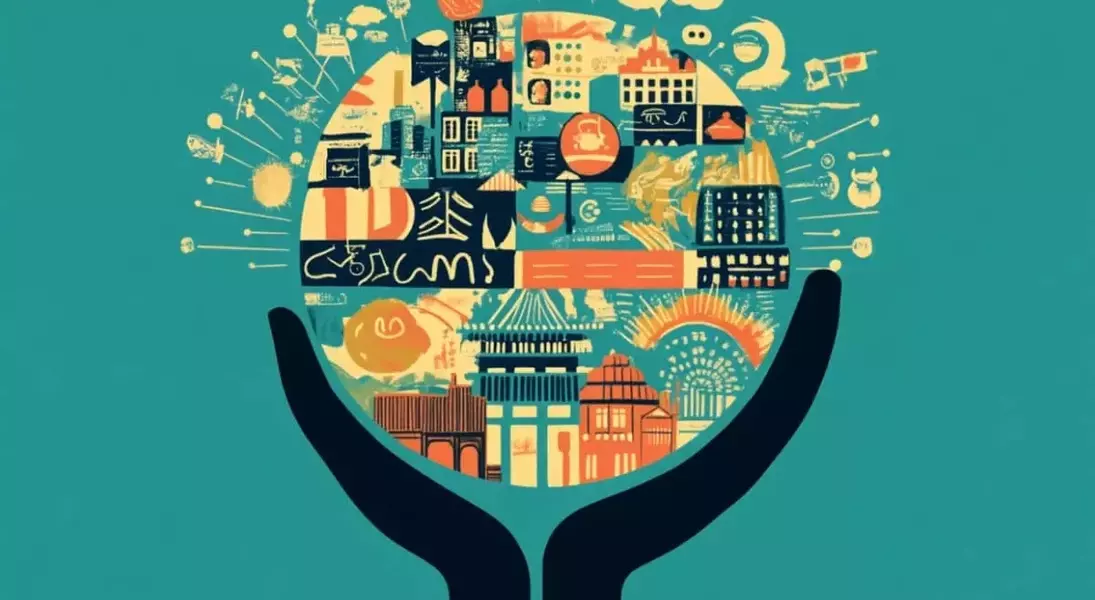
A groundbreaking study from Cornell University has unveiled a concerning trend regarding AI writing assistants. These tools, predominantly developed by U.S.-based tech companies, unintentionally push global users toward adopting Westernized writing styles. The research highlights that non-Western users, particularly those from India, often find their cultural expressions diminished as they are nudged to align more closely with American linguistic and thematic preferences. While the technology enhances productivity for both groups, Indian users experience less benefit due to frequent modifications required for culturally relevant content. This raises significant questions about preserving global diversity in written communication.
Cultural Shifts Detected Through AI Writing Assistance
In an era marked by rapid technological advancement, researchers at Cornell embarked on a study involving 118 participants from both India and the United States. Conducted during a period of heightened global interest in artificial intelligence, this investigation sought to understand how AI-driven writing tools influence cultural expression. Participants were tasked with composing essays on culturally specific topics, either independently or with the assistance of an AI writing assistant.
The findings revealed that while all participants benefited from increased writing efficiency, Indian users accepted AI suggestions at a higher rate—retaining around 25% compared to 19% for Americans. However, these suggestions frequently required adaptation to suit local contexts, thus reducing overall productivity gains. For instance, when asked to write about favorite foods or holidays, the AI predominantly suggested American staples like pizza and Christmas, neglecting rich Indian traditions. Similarly, when attempting to reference Shah Rukh Khan, a renowned Bollywood star, the AI instead proposed figures such as Shaquille O’Neal or Scarlett Johansson.
Lead researcher Dhruv Agarwal noted that Indian users gradually began mirroring Western writing conventions, even when describing their own cultural heritage. This phenomenon exemplifies what researchers term "AI colonialism," where Western norms overshadow indigenous values, potentially altering not only written content but also thought patterns.
From a broader perspective, the study underscores the urgent need for AI developers to prioritize cultural sensitivity. By integrating diverse cultural contexts into algorithmic frameworks, these tools could better serve global audiences without erasing unique cultural identities.
As Aditya Vashistha, senior author of the study, emphasized, maintaining cultural diversity is crucial for enriching human communication. The challenge lies in ensuring equitable value distribution across different markets, which necessitates a shift beyond mere linguistic adjustments to encompass deeper cultural nuances.
This revelation calls for immediate action from tech giants to reassess their AI models' design principles, advocating for inclusivity and respect for varied cultural landscapes.
From a journalist's standpoint, this study illuminates the profound impact of seemingly neutral technologies on cultural preservation. It serves as a wake-up call for developers and policymakers alike, urging them to consider the ethical implications of deploying AI systems globally. By fostering inclusive design practices, we can harness the power of AI to celebrate rather than diminish the world's rich tapestry of cultures. As readers, we must advocate for technological solutions that honor and protect our shared human heritage, ensuring no voice is silenced in the digital age.
